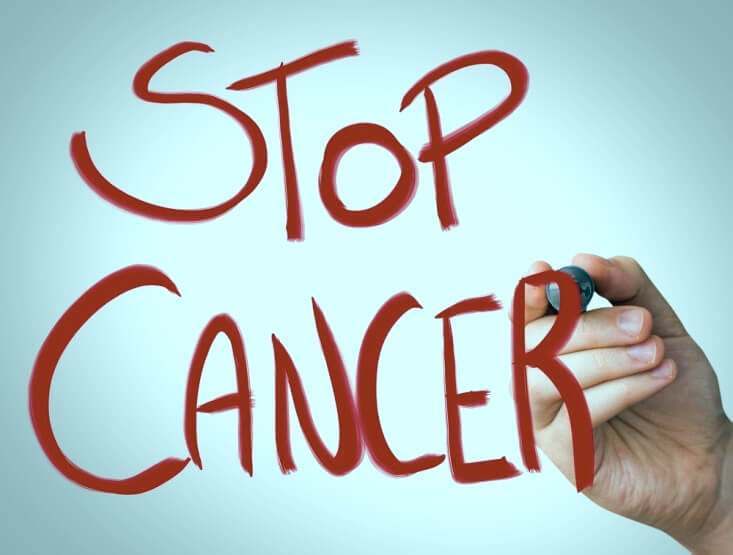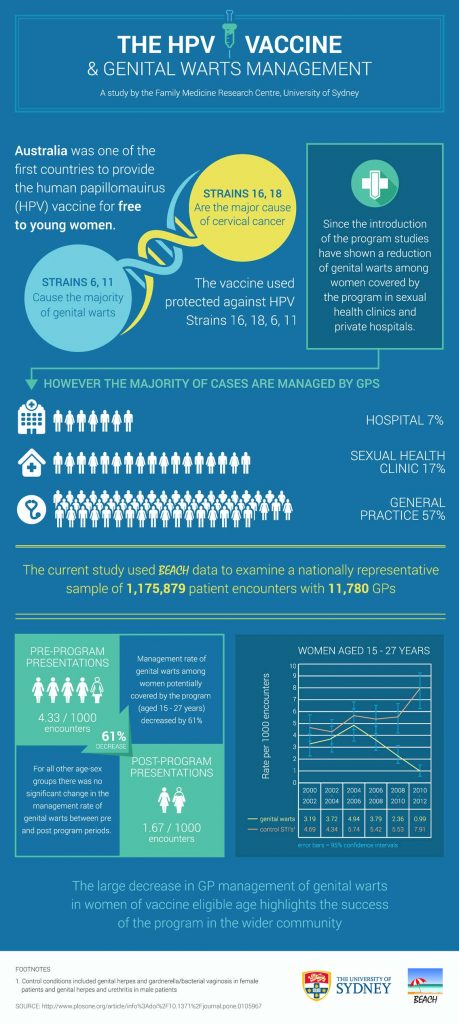HPV Vaccine
Home » HPV Vaccine
We offer HPV vaccination for males & females 9 years of age and above (there is no upper age limit).
£165 per dose (9-valent HPV vaccine; see the package leaflet of this vaccine (information for the user) here.
There is not any other fees.
2-3 doses of HPV vaccine are required depending on the age:
- 9-14 years of age require 2 doses (1st dose: at chosen date, 2nd dose: 6 months after the 1st injection).
- 15 years of age and above require 3 doses (1st dose: at chosen date, 2nd dose 1-2 months after first injection, 3rd dose: at least 3 months after the 2nd injection).
To book an in-clinic appointment call: 020 7435 7075
To arrange a home visit email your post code to: info@hhpharmacy.co.uk
For more information email: info@hhpharmacy.co.uk
- Vaccinations are done at our clinic in London OR at your home
- We take all precautions required to protect you and/or your child from coronavirus
- To book an appointment in our clinic, please call us on 020 7435 7075
- We are unable to book appointments for our vaccination clinic via email
- The minimum vaccination home visit fee is £80 per visit. To obtain a quotation for the home visit fee, please email the service required, your post code and mobile number to info@hhpharmacy.co.uk
Human papillomavirus (HPV) vaccine
Human Papillomavirus (HPV) vaccine protects both men and women against several types of cancer and genital warts. These include pre-cancerous lesions and cancers of the female genitals (cervix, vulva, and vagina), pre-cancerous lesions and cancers of the anus and genital warts in males and females.
In the UK, just under 1,000 women die from cervical cancer every year; almost two women die every day from cervical cancer in England. But most cases can be prevented by HPV vaccination and going to cervical screening regularly.
There are about 300 deaths from anal cancer each year in the UK.
For women, screening is available to detect most cases of cervical cancer with the cervical screening test. Unfortunately, there is no routine screening for other HPV-related cancers for women or men, and these cancers can cause pain, suffering, or even death. That is why a vaccine that prevents most of these types of cancers is so important.
Genital warts are very common. In England, they are the second most common type of sexually transmitted infection (STI) after chlamydia.
In England, the NHS offers vaccination with the 4-valent HPV vaccine routinely to girls and boys aged 12 to 13 years (school year 8).
Men who have sex with men (MSM) and transgender people (if they have sex with other men) up to and including the age of 45 are eligible for free HPV vaccination on the NHS.
** Apart from MSM, for those aged 25 years and over, the vaccination against HPV is not provided as a nationally commissioned NHS service.**
The NHS vaccination against HPV for girls started in 2008 and for boys in 2019.
Those who are not eligible for the free NHS HPV vaccine because of NHS eligibility criteria can get this done privately at our clinic. The 9-valent HPV vaccine can also be safely given to those who have received the 4-valent vaccine before.
To book an appointment call: 020 7435 70


CAN I GET THE HPV VACCINE IF I ALREADY HAVE HPV?
Yes, even if you’ve been infected with one type of HPV, it may not be too late to help protect yourself from certain cancers caused by other types of the virus covered by the vaccine to which you haven’t been exposed to yet. Infection with one type of HPV does not prevent infection with another type.
It is likely that someone previously infected with HPV will still get some residual benefit from vaccination, even if he or she has already been infected with one or more of the HPV types included in the vaccines.
HOW DOES HPV TRANSMITTED?
HPV infections are spread primarily by sexual contact with an infected partner, particularly through sexual intercourse but also by non-penetrative genital contact, including oral sex.
Nearly all sexually active people get infected with HPV at some point in their lives and condoms do not completely prevent the risk of HPV infection.
Because HPV often has no signs or symptoms, anyone can get the virus without even knowing it and then pass it on.
WHAT IS THE LINK BETWEEN HPV AND CERVICAL CANCER?
Cervical cancer is caused by certain types of HPV. When a female is infected with these types of HPV and the virus doesn’t go away on its own, abnormal cells can develop in the cervix. If these abnormal cells are not found early through routine cervical cancer screening and treated, then cervical cancer can develop.
COULD HPV-RELATED CANCERS AND DISEASES AFFECT MALES TOO?
Yes. Males can get HPV too. In fact, HPV can cause anal cancer and genital warts in males.
IS THE SAME VACCINE GIVEN TO BOTH WOMEN AND MEN?
Yes, there are three type of HPV vaccines in the UK and all of them are licensed for use in male and female.
The HPV vaccine can help prevent males from getting infected with the types of HPV that can cause cancers of the mouth/throat, penis and anus. The vaccine can also help prevent genital warts. HPV vaccination of males is also likely to benefit females by reducing the spread of HPV viruses.
WHAT IS THE LINK BETWEEN HPV AND GENITAL WARTS?
Two types of HPV cause approximately 90% of all genital warts cases in both males and females. Approximately 3 out of 4 people will get genital warts after having any kind of genital contact with someone who has genital warts.
Treatment for genital warts can be painful (for example, freezing or applying medicine to the warts) and, even after treatment, genital warts can come back. In fact, approximately 25% of all cases return within 3 months.
CAN HPV BE TREATED?
No. There are currently no available medicines that treat HPV infection. For most, HPV clears on its own. But, for others who don’t clear the virus, HPV could cause cervical, vaginal, and vulvar cancers in females and anal cancer and genital warts in both males and females.
HOW SAFE IS THE HPV VACCINE?
The WHO vaccine-preventable diseases monitoring system 2018 global summary listed 121 countries using HPV vaccine around the world. Over 10.5 million doses have been given in the UK since 2008, and more than 80 million people have been vaccinated worldwide.
Various worldwide independent health bodies and authorities have also reviewed the safety of HPV vaccine and all have concluded that evidence does not support a link between HPV vaccine and the development of a range of chronic illnesses.
In studies, the most common side effects with the HPV vaccines (seen in more than 1 patient in 10) were reactions at the site of the injection (redness, pain and swelling) and headache. These side effects were normally mild or moderate. For the full list of all side effects reported, see the package leaflet.
COULD I GET HPV OR ANY DISEASE CAUSED BY HPV FROM THE HPV VACCINE?
No. It is not possible to get HPV or any disease caused by HPV from the HPV vaccine.
HOW EFFECTIVE IS THE HPV VACCINE?
In males and females, the new HPV vaccine helps protect against the 7 types of HPV that cause about 90% of HPV-related anal cancer cases and the2 types of HPV that cause about 90% of HPV-related genital warts cases.
Not all cases of vaginal, vulvar, and anal cancer are caused by HPV. Approximately 70% to 75% of vaginal cancer cases, 30% of vulvar cancer cases, and 85% to 90% of anal cancer cases are HPV related.
The UK HPV vaccination programme has already contributed to preventing future deaths from cancer. We expect it to eventually prevent hundreds of cancer deaths every year.
WHAT IS THE DURATION OF PROTECTION OF HPV VACCINE?
Current data suggest that protection is maintained for at least 10 years although protection is expected to last longer and may be lifelong. Long term follow up studies are currently in place to evaluate this and will determine the need for any subsequent boosters.
WILL I STILL NEED TO GET CERVICAL SCREENING TEST IN THE FUTURE?
Yes. Cervical screening isn’t a test for cancer; it checks the health of your cervix and can prevent potentially harmful cells from developing, since the HPV vaccine does not protect against all types of HPV. Don’t ignore your cervical screening invite. And if you missed your last one, book an appointment with your GP practice today. Cervical screening test is proven to help save lives by looking for abnormal cells in the cervix before they have the chance to become precancer or cancer. See more information about cervical screening on the NHS website.
WHAT DOES HAVING HPV MEAN FOR ME OR MY SEX PARTNER’S HEALTH?
See a healthcare provider if you have questions about anything new or unusual (such as warts, growths, lumps, or sores) on your own or your partner’s penis, scrotum, anus, mouth or throat. Even if you are healthy, you and your sex partner(s) may also want to get checked by a healthcare provider for other STIs.
If you or your partner have genital warts, you should avoid having sex until the warts are gone or removed. However, it is not known how long a person is able to spread HPV after warts are gone.
WHAT DOES HPV MEAN FOR MY RELATIONSHIP?
HPV infections are usually temporary. A person may have had HPV for many years before it causes health problems. If you or your partner are diagnosed with an HPV-related disease, there is no way to know how long you have had HPV, whether your partner gave you HPV, or whether you gave HPV to your partner. HPV is not necessarily a sign that one of you is having sex outside of your relationship. It is important that sex partners discuss their sexual health, and risk for all STIs, with each other.
WILL SEXUALLY ACTIVE INDIVIDUALS BENEFIT FROM THE VACCINE?
Even if someone has already had sex, they should still get HPV vaccine. Even though HPV infection usually happens soon after someone has sex for the first time, a person might not be exposed to any or all of the HPV types that are in the vaccine. Regardless of the age, most people are likely to get at least some protection from the vaccine.
To get the best protection, it is important that the full course of vaccination is received.
SHOULD WOMEN BE SCREENED FOR CERVICAL CANCER BEFORE GETTING VACCINATED?
Women do NOT need to get an HPV test or Cervical Screening Test to find out if they should get the vaccine. However it is important that women continue to be screened for cervical cancer, even after getting all 3 shots of HPV vaccine. This is because HPV vaccines do not protect against ALL types of cervical cancer.
CAN THE HPV VACCINE BE GIVEN TO PEOPLE LIVING WITH HIV?
Yes, HPV vaccine is safe and effective in people living with HIV (PLWH). HPV vaccine can be given to PLWH regardless of CD4 count, antiretroviral therapy use or viral load.
Evidence suggests individuals with HIV infection are at increased risk of acquiring HPV and persistent infection, as well as frequent carriage of multiple HPV types and increased risk of HPV-related rapidly progressive cancers.
CAN THE HPV VACCINE BE GIVEN AT THE SAME TIME AS OTHER VACCINES?
Yes, HPV vaccine is an inactivated vaccine and will not be affected by, nor interfere with other inactivated or live vaccines given at the same time as, or at any interval from each other.
The information above are from the Oxford Vaccine Group, CDC (US Centers for Disease Control and Prevention): HPV Facts & Brochures and the new HPV vaccine package leaflet: Information for the user.
To book an appointment call: 020 7435 7075
For more information email: info@hhpharmacy.co.uk
See our vaccination price list & terms of service here
